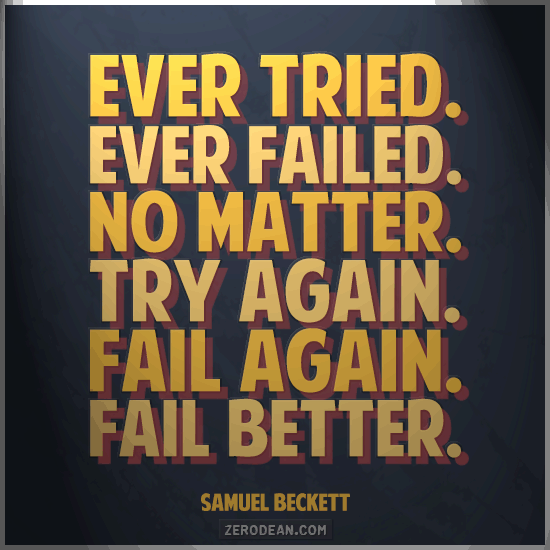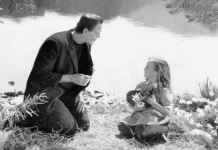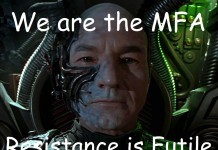A couple of pieces rekindled in mind the awkward topic of literary success: What is it, and how do you define it? How do you know when you’ve got it? Do those two words even belong together? One piece, appropriately enough from Creative Loafing in Atlanta, asking “How is literary success defined?” opines that: “Artists begin life as outsiders. Then they learn the rules.” To his credit, Blake Butler doesn’t reference the S-word more than once in his article, but he does note that:
Your goals in some way, define what you become. Once you can begin to learn to define the values of a given system, you can then choose to abide them, or attack them, or otherwise try to go on as if that system does not exist. If you go on valuing recognition and praise of others, you’re asking to be ruined.
And, he adds, “what is considered publishable often depends on what had already been successful in the past. Never mind that the literary canon is for the most part built on people who did something that had never come before: what most often matters to those with the power to make things happen is how it can be understood; where it falls in ‘the conversation,’ rather than how it breaks new ground.”
Of course, social media and self-publishing have shifted that dynamic – but not by much. For every gain in terms of special-interest communities and other platforms where you can gain recognition via a conversation that plays to your strengths, there is a loss in terms of saturation of reader attention and difficulty in actually making money off your personal bent. Even if the latter problem is as much about traditional publishing consolidation as it is about the ever-expanding online slushpile, it’s there and there’s no sense ignoring it.
CNN recently ran another take on the whole literary-success shtick in its “Passion to Portfolio” series, which ” introduces the dynamic individuals who have found as much success with their hobbies as they have with their careers.” I’ve got no issue with the passion part: Marjorie Liu did follow hers, and in the process became “a celebrated writer with 17 novels to her name and myriad of literary awards.” But is the end goal to build a portfolio? Of awards, conceivably – but that word has that ring of investment management and financial performance around it, and I’m sure CNN chose it for at least part of that reason. And I’d hate to think of many other writers beavering away purely in the hope of following that trajectory.
The bare economic facts suggest that if your aim is financial success from writing, you’re in the wrong game. Publishing economics that have pushed the industry towards Hollywood-style dependency on blockbusters are probably nothing to do with ebooks or Amazon, but they are a major issue for the writing community at large. An industry that can’t support most of its creative talent with even a basic living income clearly has a problem. And it wasn’t always like this. But now it is. So statistically, if your goal in writing is financial success – to be seen as a material success in the eyes of society – you’d be better off at the roulette wheel.
In this era when authors have – in principle – more control over their own destiny, and more opportunities to reach a greater addressable market, than ever before, maybe I sound contrarian insisting that writers should put money-making on the back burner and go for art for art’s sake. But it should be obvious that, if you want quick commercial success, what is most likely to deliver it is not actually your writing itself, but some marketing hook. Zoella, still riding high in the UK bestseller stakes despite all the furore over uncredited ghostwriting, shows exactly how this works. If you haven’t got something like what she has, your prose in itself is not likely to get you quickly to market. It might give you a lifetime’s worth of total fulfilment, self-validation, and creative achievement, though. Take a look at Dorothy Parker, already a success by many standards, wondering why “it is so terribly difficult or I so terribly incompetent,” and reflect on what she cared more about.
So why not focus on that part, which comes for free, and which reaches the parts that money never can? At least you don’t depend on others for your reward.


































